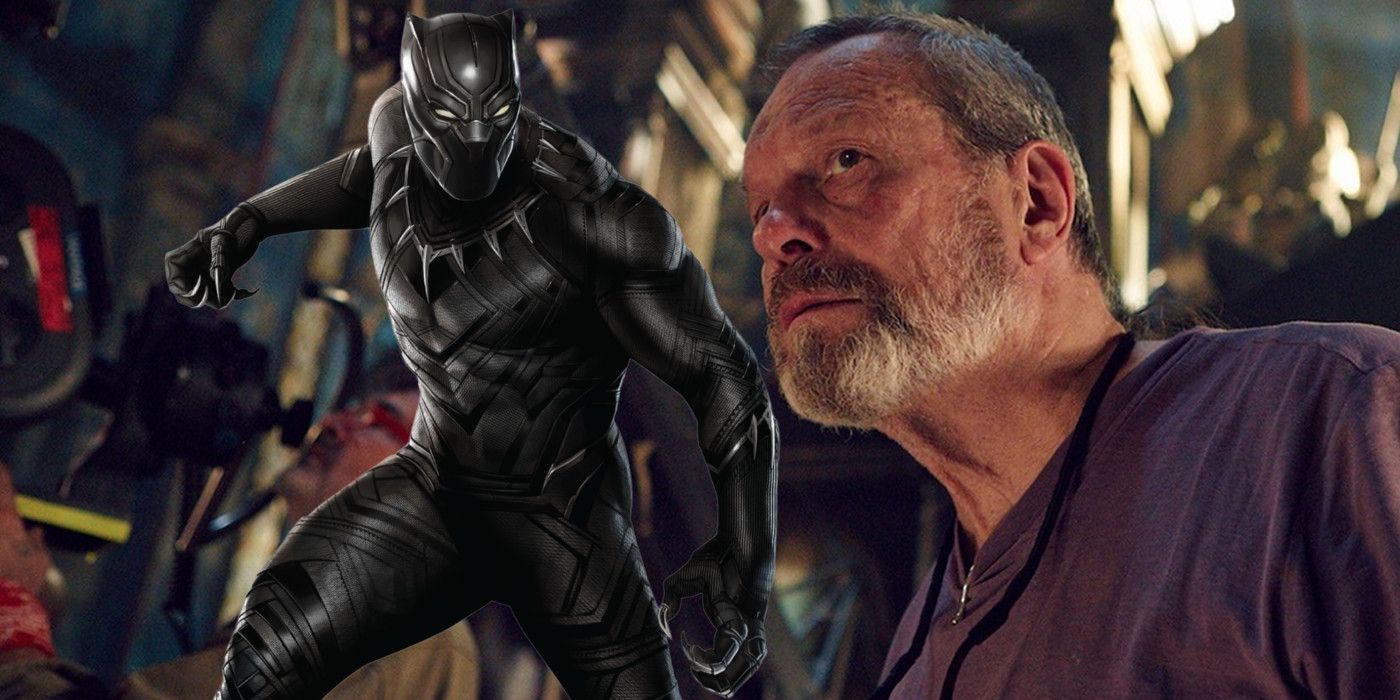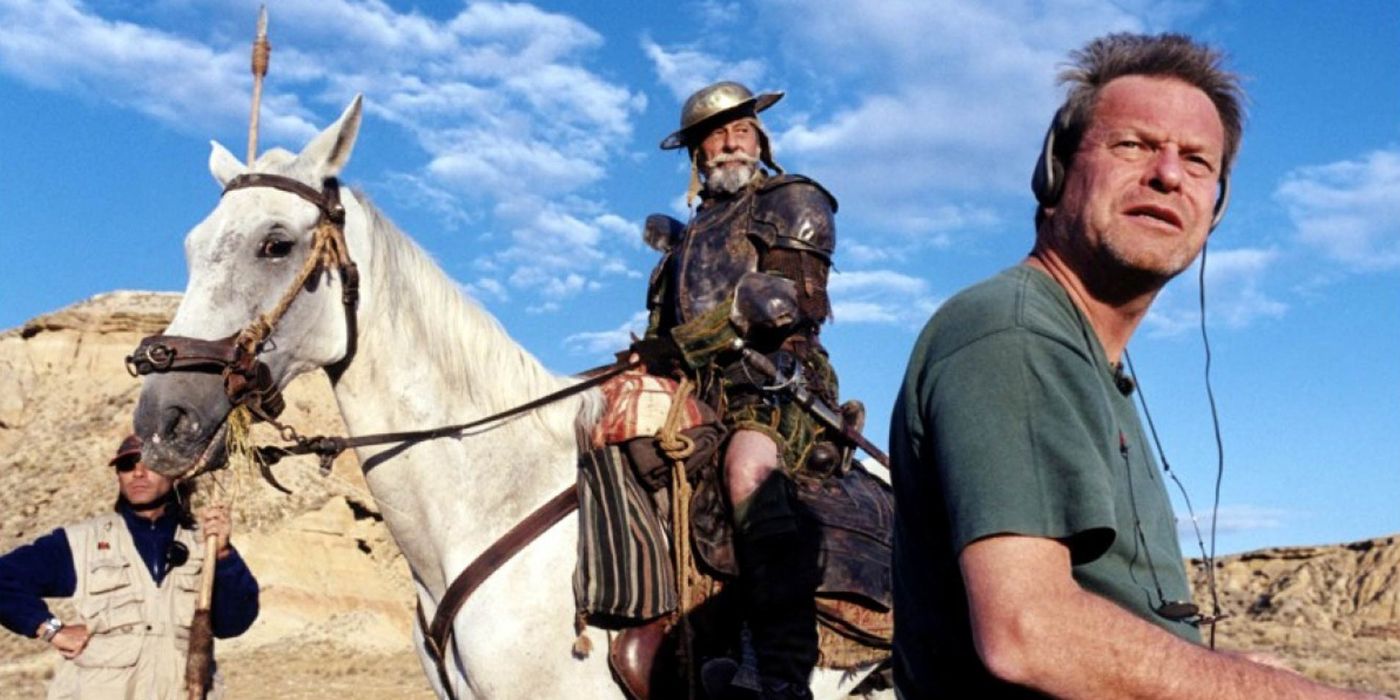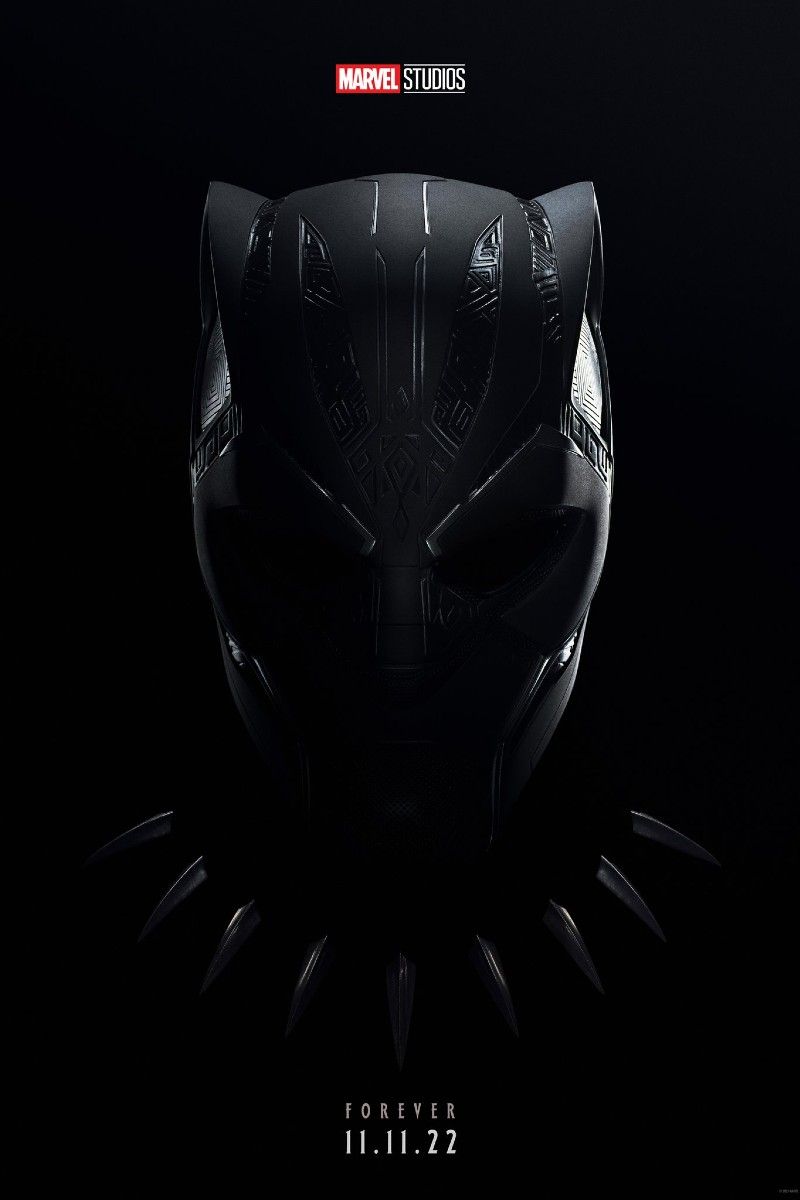Legendary director Terry Gilliam explains why he hated Oscar-nominated Marvel superhero film Black Panther. The MCU had already been humming along for years when, in 2018, Marvel released the first film in the franchise built around a cast of black characters. Black Panther would go on to gross a gigantic $1.3 billion worldwide while also garnering critical acclaim, ultimately being nominated for an Academy Award for Best Picture.
The character of Black Panther clearly was a hit with audiences, and would later return – in a rather limited fashion – in the massive Avengers: Infinity War and Avengers: Endgame. After those two films put a cap on the so called Infinity Saga, the next phase of the MCU is expected to bring new characters to the fore, including Black Panther (the one place Black Panther won’t be showing up is on Disney+, if Chadwick Boseman has his way). But of course, Black Panther isn’t just seen as a worldwide hit and critical success, it is also viewed as a cultural milestone for its commitment to diversity both in front of and behind the camera.
Though Black Panther pulled off the trick of satisfying audiences and critics while also playing an important role in the wider culture, not everyone was impressed by the movie or what it accomplished. As he explained in an interview with Indiewire, legendary former Monty Python member and filmmaker Gilliam thought the film was fraudulent and actually carried a dangerous message:
“I hated ‘Black Panther.’ It makes me crazy. It gives young black kids the idea that this is something to believe in. Bulls--t. It’s utter bulls--t. I think the people who made it have never been to Africa. They went and got some stylist for some African pattern fabrics and things. But I just I hated that movie, partly because the media were going on about the importance of bulls--t.”
Gilliam’s remarks about Black Panther came amid a general rant against Marvel movies, which he accused of dominating Hollywood to the detriment of smaller films. Gilliam also attacked the storytelling in Marvel movies, claiming the films take the gravity out of everything by making “everything possible.” He explained, “It’s the limitations that make life interesting. Okay, so your suit burns up. So you get another suit because you’re Tony Stark. It’s not enough. They dominate so much.”
Of course Gilliam is not alone in making such statements about Marvel films. Another legendary filmmaker, Martin Scorsese, recently made huge waves when he said Marvel movies aren’t cinema and, like Gilliam, argued that huge blockbusters suck up too much of the air in Hollywood and squeeze out smaller movies (this after his Netflix-produced film The Irishman reportedly ballooned in budget to well over $100 million thanks to de-aging CGI).
Gilliam of course has made his share of acclaimed films over the years and has a certain amount of credibility when it comes to the craft of filmmaking, and he may even have a valid point about Marvel movies sometimes lowering their own stakes by taking storytelling shortcuts. But Gilliam is also someone who has struggled to get films like his oft-delayed The Man Who Killed Don Quixote financed (it ultimately was released with name star Adam Driver in one of the leads but failed to make much of an impression) and has to operate entirely outside the Hollywood system. For a director with big ambitions like Gilliam, it is probably frustrating to see so much money go to movies like the Marvel films while he has to scrape by on much smaller budgets that limit what he is able to do. However, that doesn’t change the fact that his specific remarks about Black Panther are rather bizarre, and that he seems to be coming at the movie in a tone-deaf way that makes him look simply out of touch with the culture at large.
Source: Indiewire








